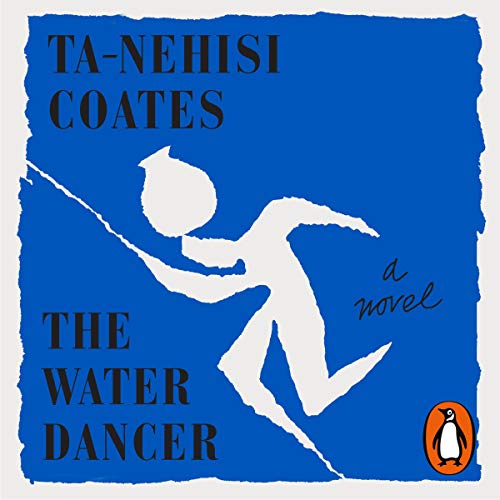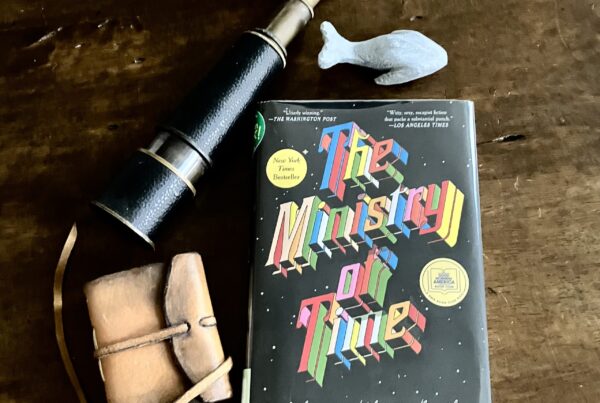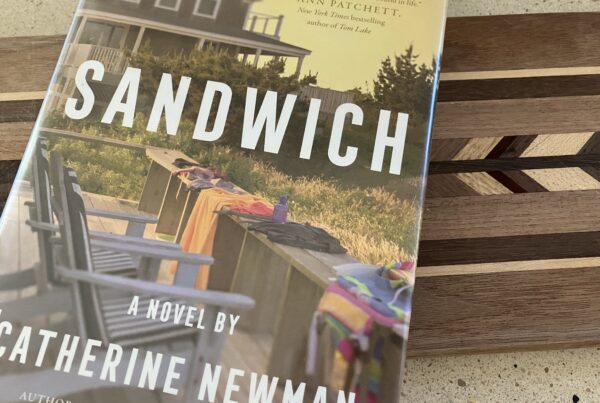I have recently felt so concerned about the news that I’ve been tempted to shut it all out and stay uninformed. Now that my job is in politics, spending my free time catching up on the world’s news is even less desirable. A political job makes it surprisingly easy — in fact even necessary — to stick to the ‘need to know’ events in the news. That being said, I really want to engage, to learn how to better understand the world and to use my privileged place in it to work for progress. Ta-Nehisi Coates’s novel, The Water Dancer, provides a model for such immersive learning. With its touch of surreal escapism, the novel gave me the chance to leave the weeds of the everyday news cycle to glimpse a fuller picture of America and the struggles we currently face.
Coates, an eminent writer and journalist about race and racism in the U.S., has taken to fiction as a new way to teach. The novel, in which Coates is restoring the stories and perspectives stolen from enslaved Americans and forgotten through history, is about memory. Protagonist Hiram Walker struggles with the missing memory of his enslaved mother sold away when he was a child, and his mysterious power gifted to him in her place shapes his journey of remembrance, desperation and resolve. As Hiram struggles with the atrocities of the fight for freedom, clinging to a family he cannot even remember becomes increasingly important. Recollections of his mother are the only way he can summon the power to transport himself and others far away. As this novel seeks to add to the collective memory of Black Americans by filling in the gaps created by their oppressors, Hiram must tap into his own memory – and the collective memory of pain and culture before him – in order to escape.
The Water Dancer humanizes the story of slavery that many today would rather remain impersonal. Coates’s prose is remarkably lyrical for a writer known for his piercing non-fiction essays, and the depth of the character development is an impressive feat for any writer. Coates wields his knowledge of history and current events to challenge his readers with a beautiful story about what America owes to the people it has made suffer for so long. This novel was a pleasure and struggle to read and a pleasure and struggle to learn from, exactly as I’d hoped it would be.




